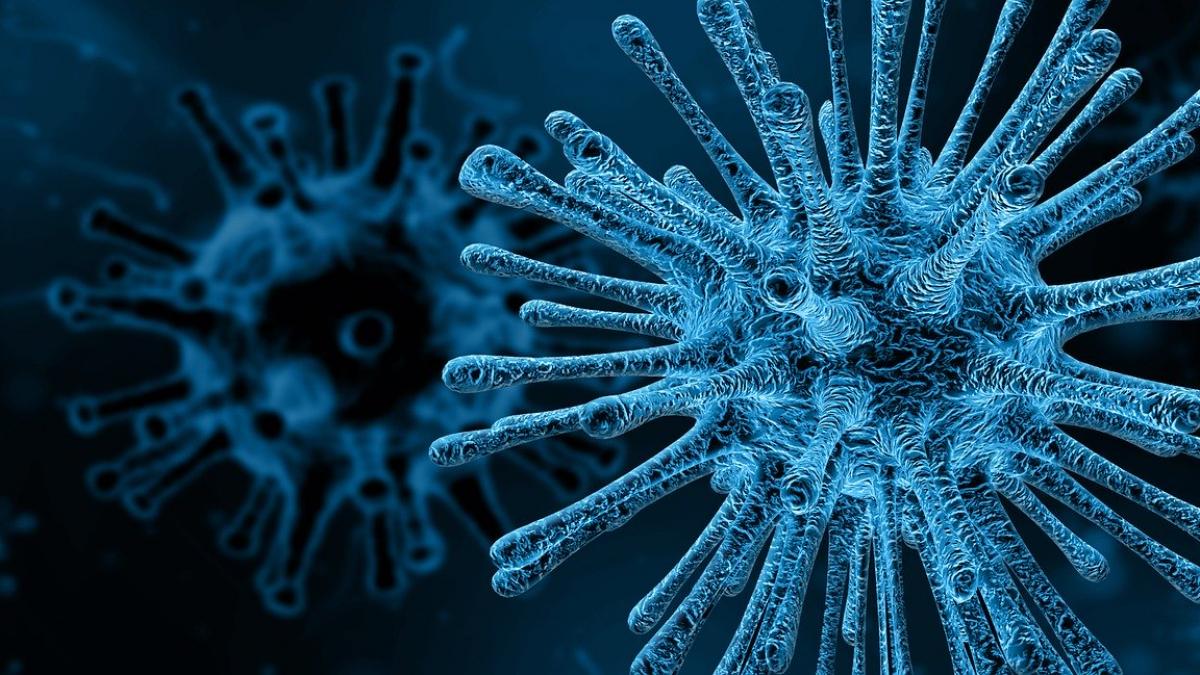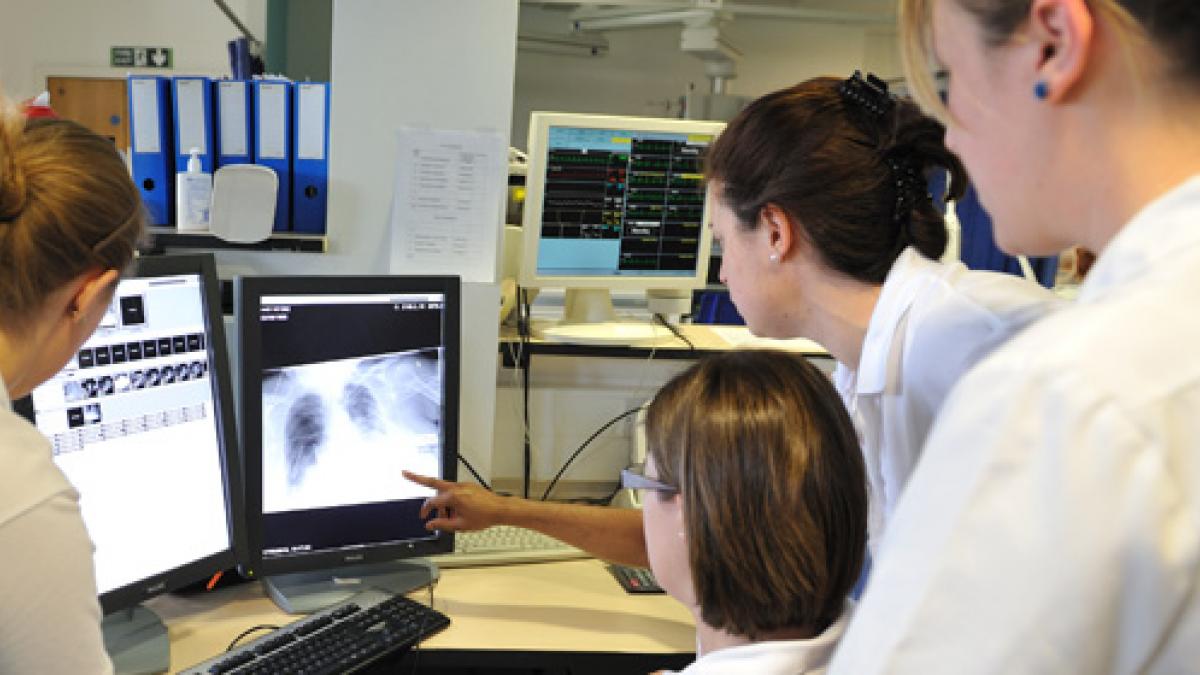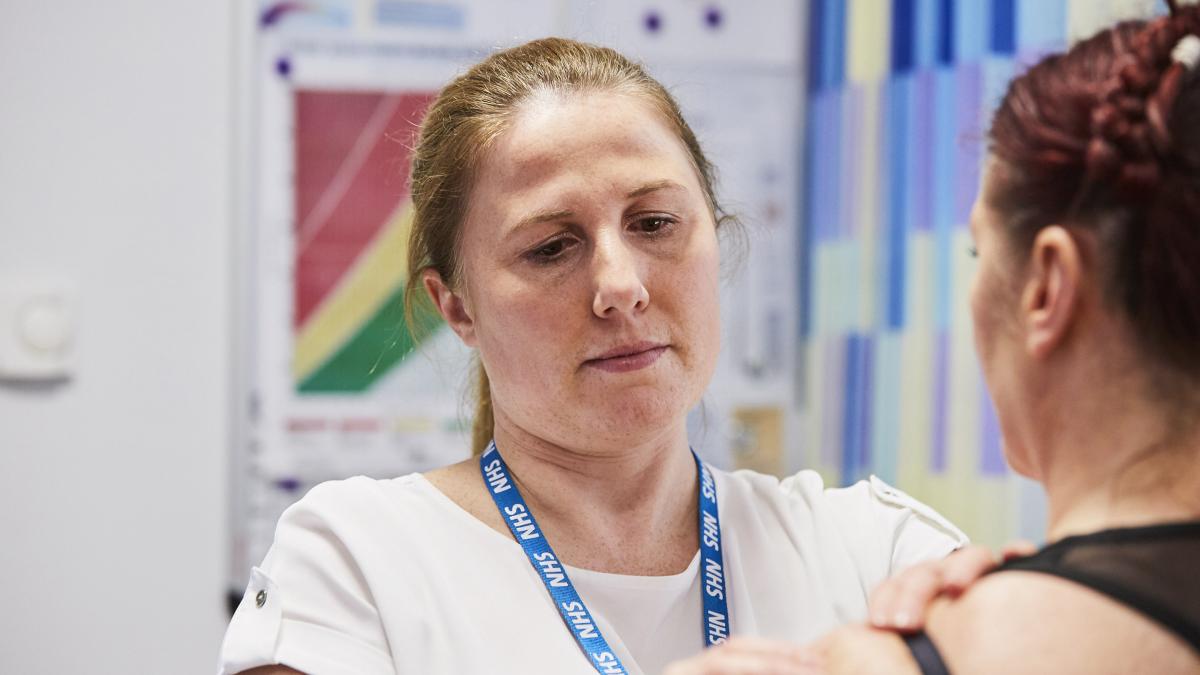NHS England has written an urgent letter to all organisations in primary, community and acute care, detailing the next steps the NHS will take to respond to COVID-19.

The 17-page letter, published on 17 March, has wide-ranging implications for the entire health and social care service. Key information for the physiotherapy profession is detailed below, with numbers shown in brackets to indicate which paragraph of the letter provides this information.
Commenting on the letter Karen Middleton, CSP chief executive, said: ‘No member will have ever read a letter like this before.
‘It is unprecedented, and points to the historic pressures the physiotherapy profession, our health and social care service, and the global community face in the coming months.
'In line with this, the CSP is constantly updating information and guidance for members about the current outbreak.’
Expanding inpatient and critical care capacity

- All NHS England trusts are to postpone all non-urgent elective operations by 15 April at the latest, for at least three months [1a]. The urgent discharge of all medically fit hospital patients is expected to commence immediately [1b]. The government has previously announced that legislation - expected to pass this week - will lower eligibility criteria checks for those needing social care.
- Nationally, NHS England is block-buying private hospital beds, while trusts are expected to free up their own private-pay beds. Community hospitals are also required to review and free up beds that could be used for critical care within the next fortnight [1c]
Respiratory care

- The Department of Health and Social Care appear confident in the national supply of personal protective equipment (PPE) for staff, but NHS England acknowledges reports of local disruptions in supply. Dedicated support lines and email contacts have been set up: 000 915 9964 / 0191 283 6543 | supplydisruptionservice@nhsbsa.nhs.uk. [2c]
- NHS England expects that a wider range of staff than normal will be involved in supporting patients with respiratory needs. I expect NHS organisations to provide refresher training for all clinical and patient-facing staff within the next fortnight [2d]
Supporting NHS staff

- Public Health England have been asked to establish coronavirus testing for symptomatic staff, who would otherwise need to self-isolate for 7 days. For the otherwise healthy that would be impacted by PHE's latest advice for the 14-day isolation of households, NHS staff will be offered the option of staying in NHS-reimbursed accommodation, to continue working [3b]
- NHS England instructs that staff deemed at-risk according to the latest government advice around social distancing - including pregnant women - should be afforded reasonable adjustments at work. NHS England states that this could include remote working, or being moved to “lower-risk areas” [3c]. This latter advice differs from the general advice to the public, where pregnant women are advised to minimise social-contact as much as possible for up to 12 weeks. The CSP will is developing material on reasonable adjustment which will be published shortly.
- Other staff required to work from home due to them being high-risk are encouraged to support the provision of remote outpatient services [3d]
- Professional regulators are writing to all clinicians who relinquished their license to practice within the last three years, to encourage and streamline their return to practice [3e]
- Plans will be finalised this week regarding the deployment of medical and nursing students, and clinical academics [3f]. It is not clear from the letter if Allied Health Professionals will be included in this plan, but this seems likely. The CSP will alert members as new information becomes available.
- All Allied Health Professions - along with nurses and midwife - working in non-patient facing roles will be asked to support direct clinical practice within weeks, following locally-provided induction and support [3g].
- Guidance previously given by the UK Chief Medical Officers to medical doctors - that in the coming months it will be both appropriate and necessary to work beyond one's usual discipline boundaries and specialisms – will also apply to Allied Health Professionals, nurses, and other registered professions [3h].
Supporting the population

- The Ministry of Housing, Communities and Local Government, and local authorities, will be responsible for those older and at-risk groups advised to 'shield' themselves at home over the next few months with minimal social contact. Health services are advised to engage with Local Resilience Forums on this [4a]. GP, diagnostic and outpatient appointments for these groups should continue through remote consultations - with face-to-face contact only taking place “when absolutely necessary” [4b]. NHS organisations are also expected to ask patients to “greatly limit” visitors to patients [4d]
- Further guidance - including the suspension of certain requirements placed on general practices - are expected imminently [6c], and all organisations will participate in a national 'stress test' of the health system this week [5d].
Number of subscribers: 11